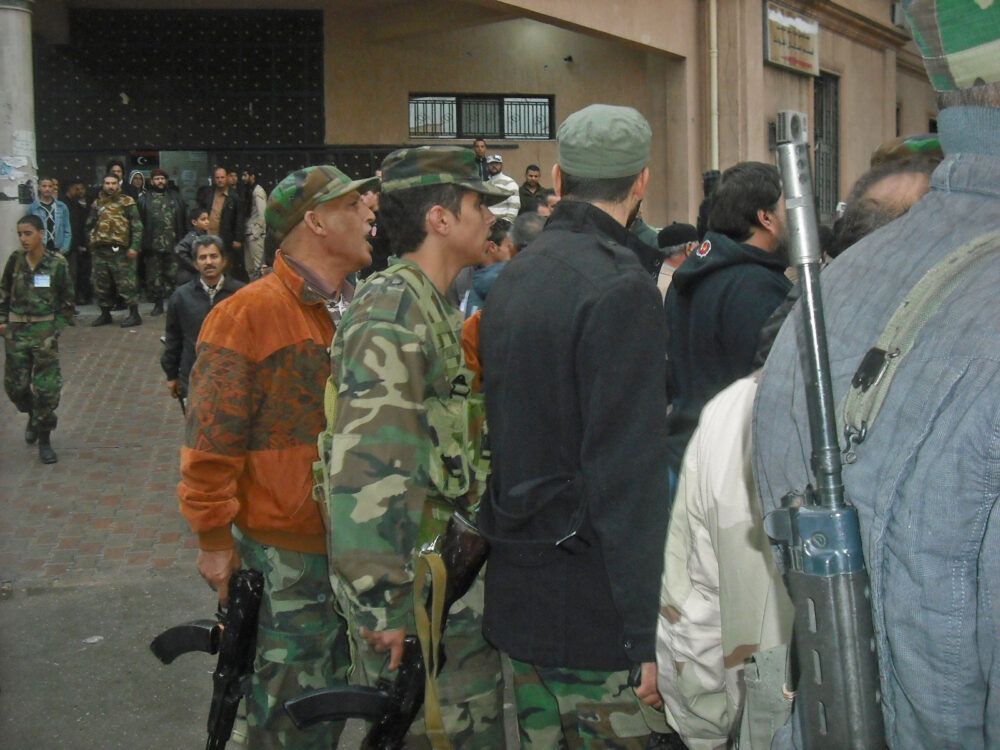The U.N.'s top human rights official expressed grave concern that thousands of lives were at risk in Libya's capital, where civilians have been trapped in residential areas amid intensifying military attacks.
Michelle Bachelet, who heads the Office of the U.N. High Commissioner for Human Rights, cited an urgent need to create safe humanitarian corridors so trapped civilians can exit areas with heavy fighting and blocked roads. She also added her voice to those urging an immediate cease-fire and resumption of political talks.









